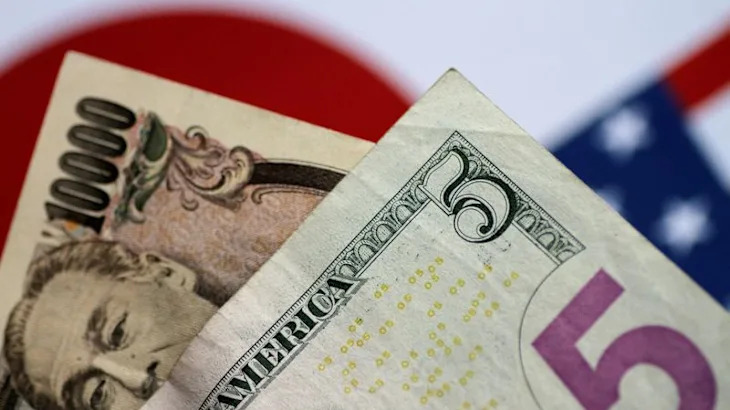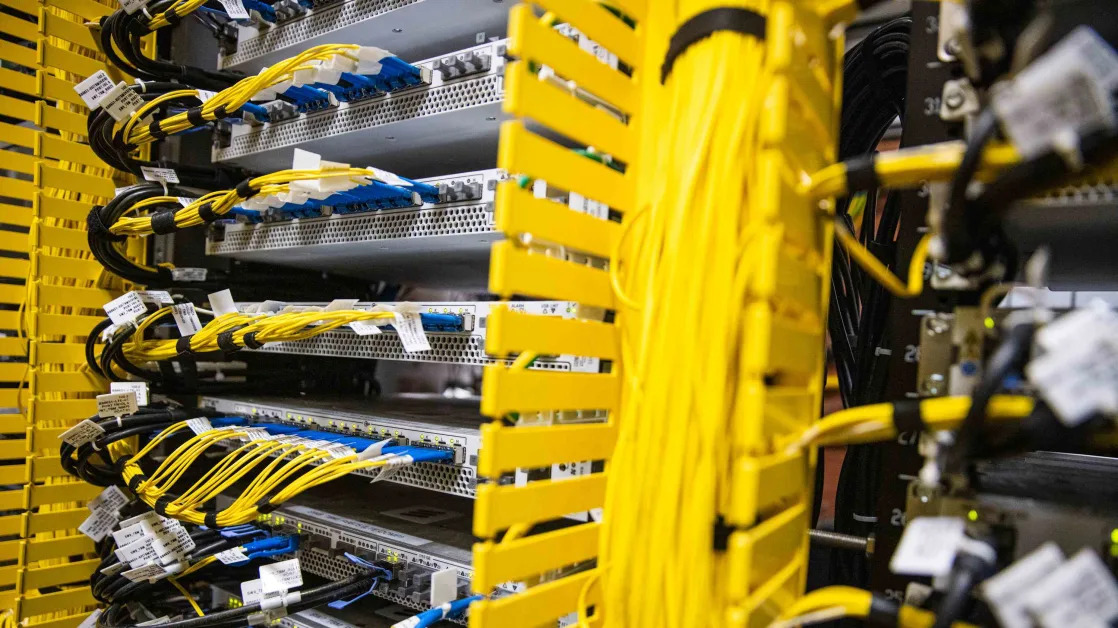(Bloomberg) -- Citadel Securities’ Durham Abric says the Federal Reserve’s interest-rate path probably will be uninterrupted by the incoming Trump administration’s protectionist posture.
“The Fed is likely to look past the impact of tariffs because monetary policy will have little impact on temporary, tariff-driven inflation,” Abric, the firm’s head of US inflation, said in an interview on Wednesday.
Former President Donald Trump, who imposed punitive tariffs on US imports in his first term, has made it clear he’ll do so again on taking office in January. While that risks stoking consumer prices, Abric said Fed Chair Jerome Powell and his team will be keen to avoid over-reacting to any potentially short-lived economic impact.
After all, the first-term tariffs had a limited effect on overall prices, he said. While new tariffs may put pressure on prices temporarily, Abric doesn’t see them weighing heavily on central banking policy.
“Given the Fed’s cutting bias, the recent rise in front-end real yields may be running out of steam,” said Abric. “Longer term yields, however, may continue to rise in anticipation of stronger growth and sticky inflation.”
Forward expectations for the Fed’s policy rate have risen more sharply since mid-September than forward expectations for inflation, driving expectations of the terminal real interest rate to almost 1.25%, the highest level since July.
Abric’s comments came after key inflation data Wednesday matched estimates and sent Treasury yields lower. Long-end rates are still elevated since the election on Nov. 5.
Inflation Risk
Bloomberg Economics anticipates that higher tariffs will create upside risks for inflation, though the overall impact on consumer prices depends in part on whether workers can negotiate higher wages and reinforce the inflationary effect. A weak labor market, on the other hand, would depress demand and could be an offset to tariffs.
The Fed cut interest rates by a quarter-point last week, and Powell said the election will have “no effects” on the central bank’s near-term decisions. He said it’s too early to know the timing or substance of any potential fiscal policy changes.
That hasn’t entirely allayed traders’ concerns, as companies such as Stanley Black & Decker Inc. and Whirlpool Corp. are already considering price hikes in response to higher tariffs.
--With assistance from Elizabeth Stanton.





